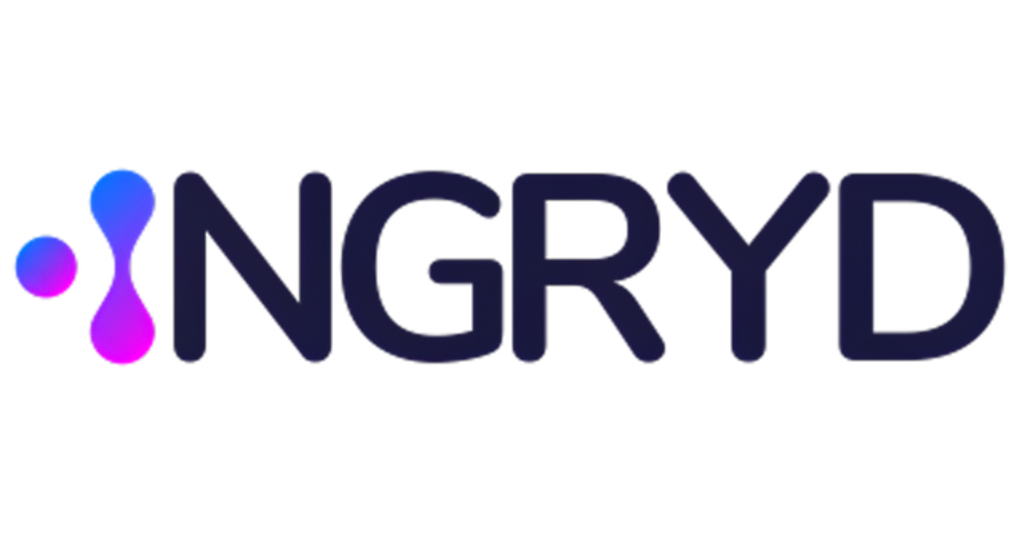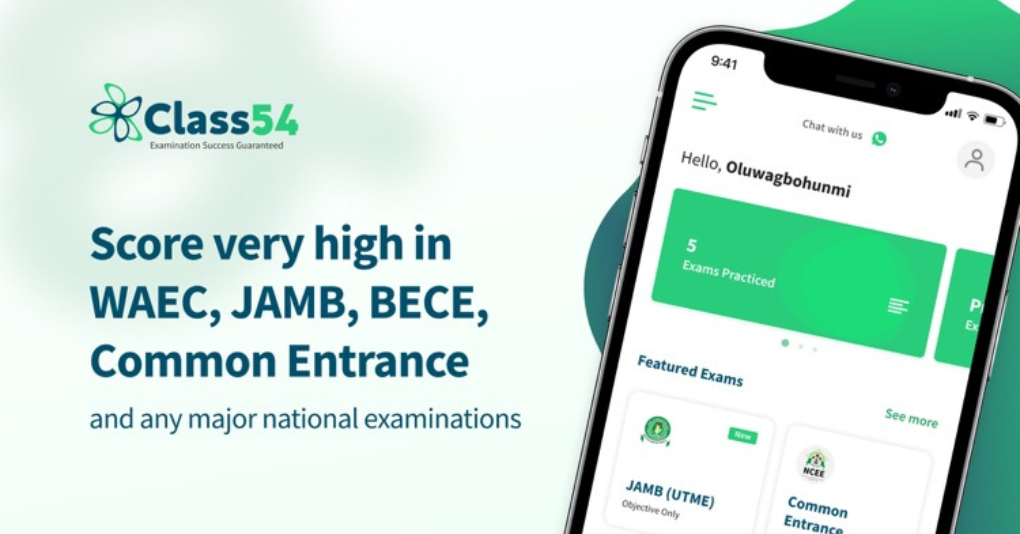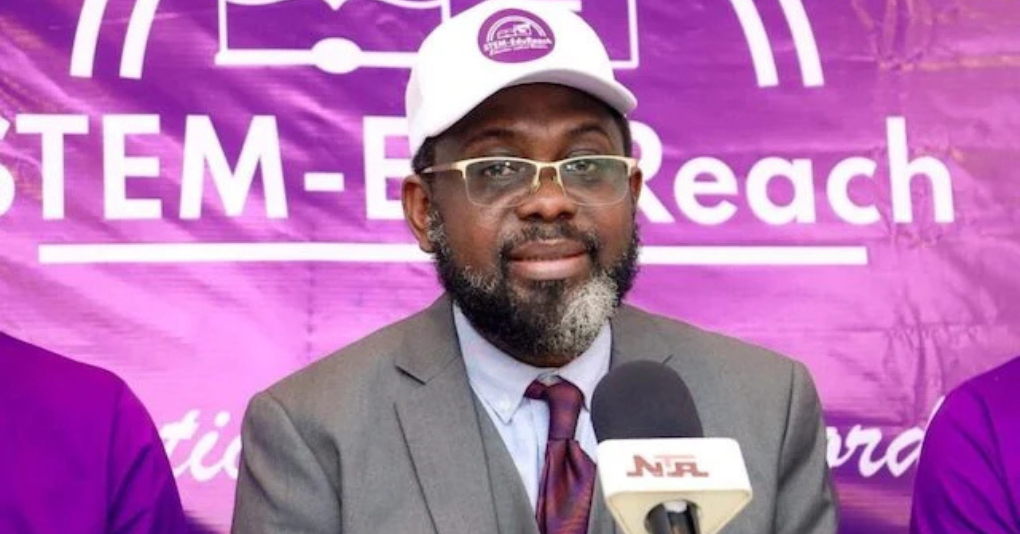Africa’s educational technology (EdTech) landscape is growing unprecedentedly, focusing on providing access to quality education across the continent but not without its challenges.
Over the last decade, WiFiCombat Academy has established itself as a trailblazer in the African educational technology landscape, delivering cutting-edge solutions to schools, institutions, and governments across the continent.
Dele Tejuoso, the founder of WiFiCombat Academy made this known recently when she revealed the vision of the academy.
“Our goal is to build a pipeline of skilled individuals across Africa, integrating STEM education with career pathway guidance, using innovative tools like AI-driven assessments and gamified learning experiences,” Tejuoso said.
In addition, Tejuoso said that the academy has been on a mission to provide future-ready skills and personalised career guidance to students, ranging from primary school to university level.
“The academy’s core mission revolves around empowering young learners with hands-on experience in technology while preparing them to be job-ready, entrepreneurial, and tech-savvy leaders,” she noted.
WiFiCombat Academy’s unique approach focuses on early exposure to technology, alongside mentorship and internship opportunities, which bridge the gap between education and industry.
Recognising the diverse needs of learners across Africa, the academy tailors its solutions to suit each region’s specific requirements. It uses mobile-first, cloud-based platforms, ensuring accessibility even in areas with limited internet connectivity.
It also provides offline learning kits, translated content, and culturally relevant curricula to promote inclusivity, especially in underserved regions.
According to Tejuoso, the academy has been leveraging technology to revolutionise access to education. “Through partnerships with local governments and non-governmental organisations (NGOs), it ensures broader outreach, delivering cloud-based e-learning platforms, gamified learning tools, and mobile applications that reach remote areas.
AI-driven platforms allow for personalised learning, enhancing the educational experience and driving performance improvements.”
Looking ahead, Tejuoso who is a Mastercard Foundation EdTech fellow, identifies several emerging trends in the EdTech space, such as the rise of AI, virtual reality, and gamification.
“We are integrating AI-driven career pathway tools and exploring blockchain for credentialing. The academy plans to enhance its offerings with immersive VR/AR modules for hands-on learning experiences, ensuring that it remains at the forefront of technological advancements.
In evaluating its technology tools, WiFiCombat Academy uses analytics, learner feedback, and outcome-based metrics. The academy continuously refines its platforms through pilot programs and collaboration with educators to ensure the solutions remain relevant and impactful,” she said.
The tech expert further highlighted the role that AI and machine learning could play in shaping the future of education in Africa.
“By offering personalised learning paths and predictive analytics, these technologies can help prevent dropouts, bridge language barriers, and provide real-time feedback for both educators and learners, ensuring a more inclusive and efficient educational system,” she said.
Moreover, she said that the academy recognises that collaboration is key to scaling impactful educational solutions across Africa. Hence, she said that governments, international organisations, and the private sector all have roles to play in advancing the EdTech ecosystem, noting that governments can invest in digital infrastructure and promote STEM education, while international organisations can provide funding and expertise.
“The private sector can drive innovation, offer mentorship, and create opportunities for internships,” she said.
Share this post





Be the first to comment on this post